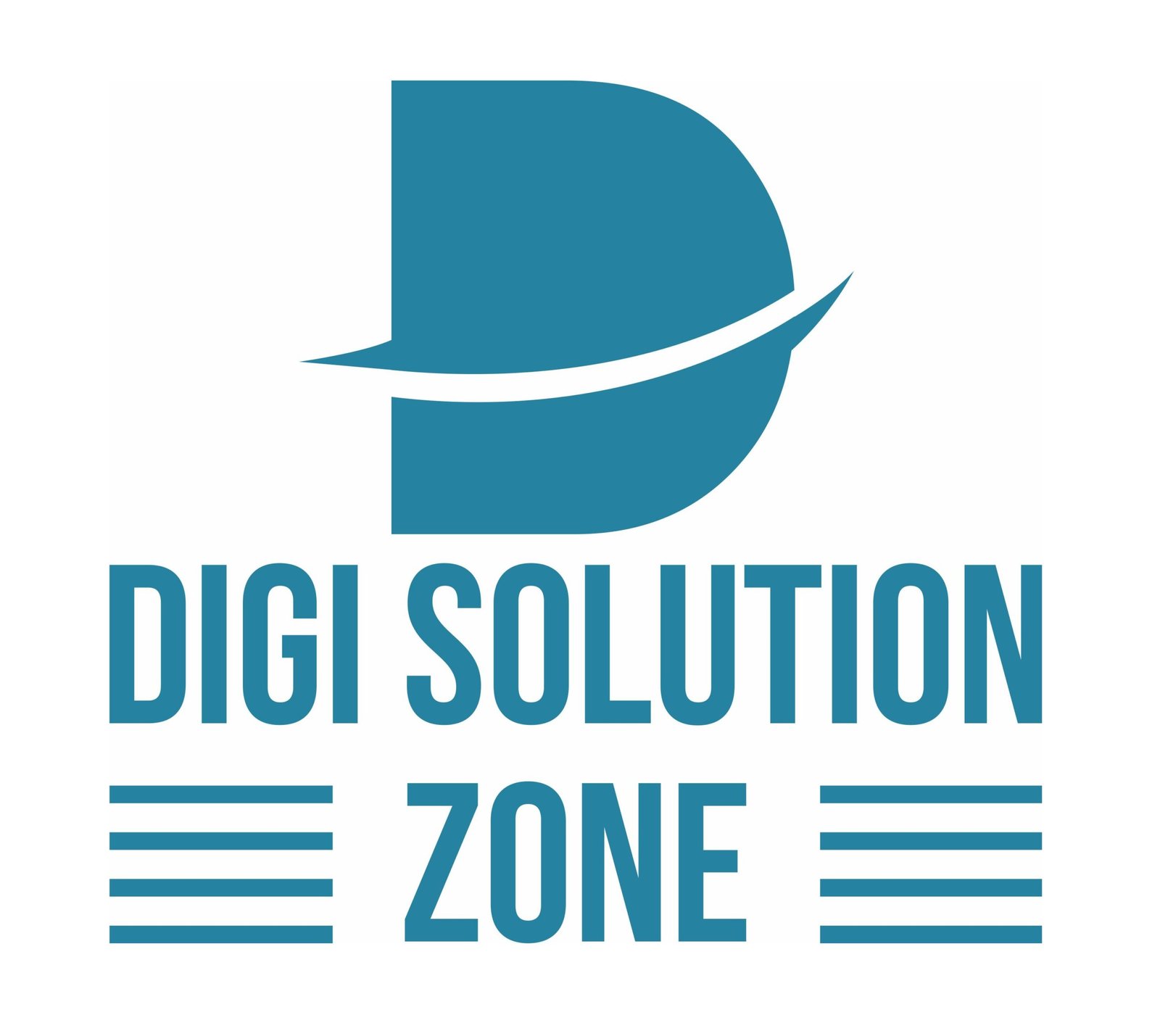Protecting your funds and identity online is crucial in the modern digital world, and protecting your personal information from growing cyberattacks is more important than ever. This post will offer useful advice on protecting your funds and online reputation, particularly if you’re considering getting a personal loan in Kolkata.
Understanding the Risks
It’s crucial to understand the typical internet risks that might imperil your identity and funds before implementing any defensive measures:
Phishing Scams: Phishing scams are fraudulent attempts to pose as reliable organizations to gain sensitive information.
Malware and Viruses: Viruses and malware are malicious programs that can harm your computer or steal data.
Identity Theft: Identity theft is the unlawful use of a person’s personal data, usually to make money.
Data breaches: When hackers get unauthorized access to private information.
Advice for Safeguarding Your Finances and Identity
1. Make Use of Strong Passwords
Creating solid and one-of-a-kind passwords for every website is one of the easiest yet most efficient ways to safeguard your online accounts. Refrain from using readily guessed information, such as birthdays or short sequences. Consider using a password manager to create and safely save complicated passwords.
2. Turn on two-factor verification.
Two-factor authentication (2FA) requires a second form of verification in addition to your password, adding an additional layer of protection. This may be an authentication app or a code texted to your phone. Using 2FA greatly decreases the possibility of unwanted access to your accounts.
3. Keep Your Software Updated
Updating your operating system, browsers, and other software regularly helps guard against security flaws. Turn on automatic updates whenever you can to guarantee you always have the most recent, secure versions on your system.
4. Make use of safe networks
One of the most important things you must consider is blocking open Wi-Fi networks for important transactions. If you have to use public Wi-Fi, use a Virtual Private Network (VPN). It will encrypt your internet connection and shield your data from prying eyes.
5. Keep an eye on your accounts Frequently
Check your credit card and bank statements often for unauthorized activities. If questionable conduct is discovered early, potential harm can be lessened. Many banks provide real-time transaction notifications, which are valuable tools for monitoring your accounts.
6. Be Mindful of What You Post Online
Restrict how much of your personal information you post on public channels like social media. Put your account on private mode. You can go on the settings page and enable the option so that only known people can see your posts.
What to Do If Your Identity Is Under Attack
Take immediate action to reduce the harm if you believe that your identity or financial information has been compromised:
Contact your bank and credit card companies to request that any unauthorized activities be reported and that the impacted accounts be frozen or closed.
Modify your passwords: Change the passwords on all of your internet accounts, particularly the ones that hold private data.
Notify the Authorities: Submit a report to the appropriate regulatory agencies and the local police enforcement.
Keep an eye on your credit report: Check your credit report frequently for any unusual activities. You may get a free credit report from the main credit bureaus every year.
The Bottom Line
To sum up, I suggest you avoid using open Wi-Fi for your important transactions. As cyber-attacks are getting more complex, be careful of using the public internet. Follow the tips mentioned in this article to secure your funds and identity online. Whether securing your accounts or monitoring your financial activity, following the tips can significantly lower your chances of being a cybercrime victim. Protecting your internet security is vital to preserving your financial stability if you apply for a personal loan in Kolkata.
Be proactive and protect your finances and identity in this digital era.




